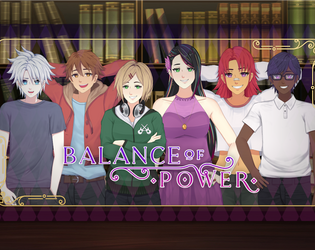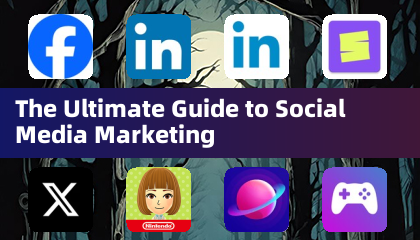Activision, the developer behind the Call of Duty series, has officially acknowledged the use of generative AI in the creation of Black Ops 6, following months of speculation and fan backlash. The controversy began in December after the Season 1 Reloaded update, when players spotted signs of AI use in various in-game elements, including loading screens, calling cards, and Zombies community event art.
The focal point of the controversy was a loading screen featuring 'Necroclaus,' a Zombie Santa that appeared to have six fingers—a common issue with generative AI, which often struggles with accurately rendering hands. Another image showed a gloved hand with irregularities suggesting up to seven digits.


These discoveries prompted a deeper investigation by the Call of Duty community, with some players, like Redditor Shaun_LaDee, identifying further inconsistencies in images from paid bundles, hinting at the use of AI.
Amid the 6 fingered Santa Controversy, I looked into some loading screens included in PAID bundles…
byu/Shaun_LaDee inCODZombies
In response to these findings and new AI disclosure requirements on Steam, Activision added a general disclosure to Black Ops 6 on Valve’s platform, stating: “Our team uses generative AI tools to help develop some in-game assets.”
This admission comes after reports that Activision had previously sold an AI-generated cosmetic in Call of Duty: Modern Warfare 3, part of the Yokai’s Wrath bundle, without disclosing its AI origins. Priced at 1,500 COD Points (about $15), this bundle contributed to Activision's substantial revenue from in-game purchases.
Following Microsoft's acquisition of Activision Blizzard for $69 billion, the company faced significant layoffs, with 1,900 staff members cut from its gaming business. Reports suggest that these layoffs disproportionately affected 2D artists, with remaining staff pressured to utilize AI in their work and participate in AI training programs.
The use of generative AI in the entertainment and video game industries remains a contentious issue, drawing criticism for ethical and rights concerns, as well as the technology's limitations in producing content that resonates with audiences. An example is Keywords Studios' failed attempt to create an entirely AI-generated game, which the company admitted could not replace human talent.















